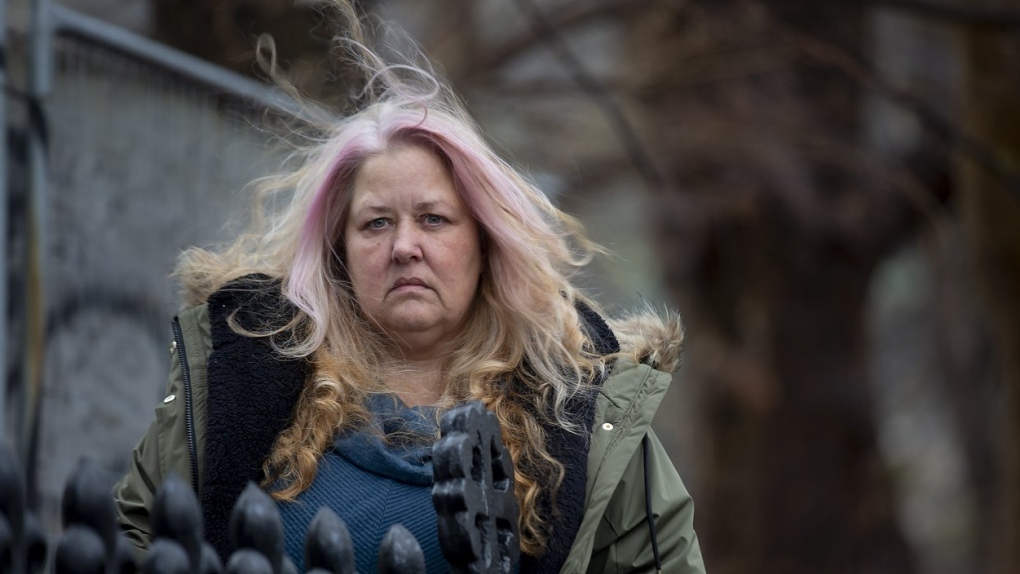
Canada has a secretive history of adoption, and some want it brought to light
CTV
In a theatre in St. John's, N.L., a murmur spreads through the audience as people timidly raise their hands. They have been asked if they saw their own stories reflected in the film they just watched -- 'A Quiet Girl.'
In a theatre in St. John's, N.L., a murmur spreads through the audience as people timidly raise their hands. They have been asked if they saw their own stories reflected in the film they just watched -- "A Quiet Girl."
The National Film Board documentary by Montreal director Adrian Wills follows him as he searches for his biological mother in her home province of Newfoundland and Labrador. Each step closer to his mother takes him deeper into the history of adoption in the province, where many unwed pregnant women in deeply Christian towns surrendered their babies to be brought up by someone else.
"What people said to us afterwards was, 'My God, this is my cousin's story, this is my sister's story, this is our story,"' Wills said in a recent interview after screenings in central Newfoundland. "It was really emotional ... so many people want to tell you their stories."
Many more of those stories need to be told, said Anne Sheldon, who runs a Facebook group called Newfoundland and Labrador Adoptees. Each month there are many new posts from adopted people born in the '50s, '60s and '70s, looking for their biological family members in Newfoundland. The group has more than 14,000 members.
The province's painful history of adoption has largely been kept in the dark, she said. She hopes Wills's film will help change that.
In "A Quiet Girl," Wills learns his biological mother became pregnant with him when she was 18, in 1972. Her family at the time was poor and devout. She gave birth to him in a hospital in St. John's.
"I went in to see her and she was lying on her side and she was just looking at the wall," Ellen, his biological aunt, tells him in the film. "I went to the nursery and I asked to see (her baby). And the nurse came and she said, 'I'm sorry, you can't see that baby."'











